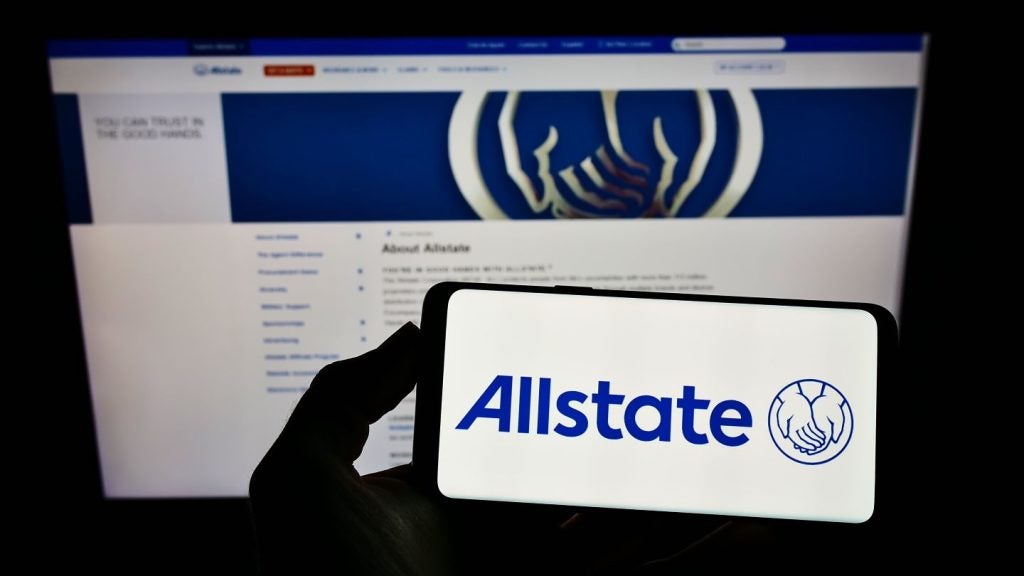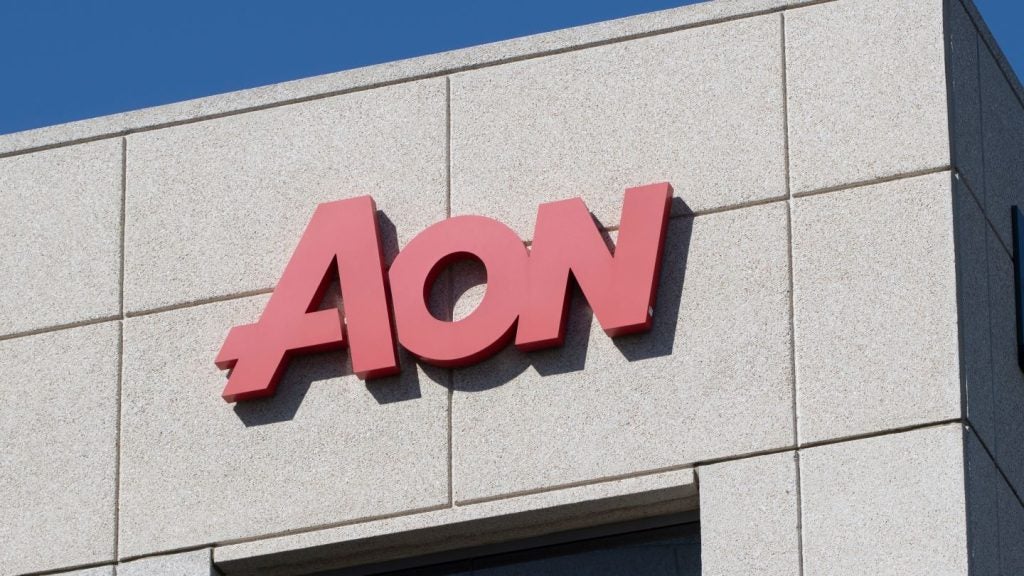Investor Sentiment Index Reaches a Record High in First Quarter of 2013

Access deeper industry intelligence
Experience unmatched clarity with a single platform that combines unique data, AI, and human expertise.
Positive attitudes toward stocks help drive Index score to +24 in Q1, up from +18 in the fourth quarter of 2012
Investors think blue chips hold best short-term growth potential; enthusiasm for 401(k) investing is on the rise
Chief concerns are healthcare costs and political gridlock in Washington, D.C.
The Index score shot up six points to +24 in 2013’s first quarter from +18 in the final quarter of 2012, largely due to investors’ significantly more positive attitudes toward investing in stocks, balanced mutual funds and their own homes. The previous high score was +22, measured in Q1 of 2011. The Index, which debuted in the first quarter of 2011, posted its lowest-ever score in the third quarter of 2011.
Compared with the last three months of 2012, a significantly larger share of investors think that now is a good time to invest in stocks (58 percent vs. 48 percent in Q4 2012). The number of investors who believe now is a good time to invest in balanced mutual funds also increased significantly to 57 percent, compared with 50 percent in Q4 2012. Real estate, including one’s own home, also registered positively, with the share citing one’s own home as a good investment at 65 percent and real estate at 64 percent, compared with 59 percent for both at the end of 2012. A large segment of investors appear committed to funneling cash to investments, with 64 percent saying it is a bad time to hold on to cash.
"We are seeing a remarkable shift in sentiment on the part of investors," said Bill Cheney, John Hancock’s Chief Economist. "They are showing much more optimism about their financial positions overall. More than 70 percent say that 2013 will be a positive year for the average U.S. investor (72 percent), and two-thirds (68 percent) are optimistic that two years from now, the U.S. economy will be stronger. Just about half (48 percent) say their financial position is better now than it was in 2011, which is up significantly from the last two quarters (42 percent in Q4 2012 and 39 percent in Q3 2012). And a nearly identical share believes they will be in a better financial position two years from now (49 percent)."

US Tariffs are shifting - will you react or anticipate?
Don’t let policy changes catch you off guard. Stay proactive with real-time data and expert analysis.
By GlobalDataInvestors also say that now is a good time to invest in 401(k) plans (82 percent compared with 73 percent who thought it was a good time in Q4 of 2012), and they are also favorably inclined toward IRAs, with 79 percent saying it is a good time to put money in those plans compared with 72 percent who thought so in Q4 of last year.
When assessing the economy’s prospects, nearly a quarter of investors (23 percent) believe that blue chip stocks will perform best over the next six months. One in seven thinks that emerging markets and small cap stocks will perform the best (14 percent each). Investors continue to favor energy companies (50 percent), healthcare companies (48 percent) or technology companies (47 percent) when asked which are likely to provide the best investment opportunity over the next six months.
Concern over many national issues is on the decline, except for concern about the cost of healthcare, according to the Index survey. Investors are very concerned about the cost of healthcare (59 percent, consistent with 58 percent in Q4 of 2012). Nine in ten investors (89 percent) believe that healthcare costs will rise this year, including 29 percent who believe healthcare costs will rise a great deal. More than two-thirds of investors are very or somewhat concerned about being able to afford high quality healthcare (69 percent), with six in ten worried about being able to afford nursing home or long-term care (58 percent).
Worries about political gridlock continue to run high, with 58 percent of investors very concerned about the situation, although the level has decreased from 63 percent in Q4 2012.
Over a third of investors report that they are very concerned about potential changes to Social Security or Medicare (36 percent). More than a quarter of investors express great concern over the effect of significant government budget cuts on business (27 percent); this level is significantly higher than in Q1 of 2012, when it was 22 percent.
The share of investors who are very concerned about oil and gas prices has increased significantly from Q4 of 2012 (now 41 percent versus 34 percent then), but is significantly lower than the same quarter last year (49 percent in Q1 of 2012).







